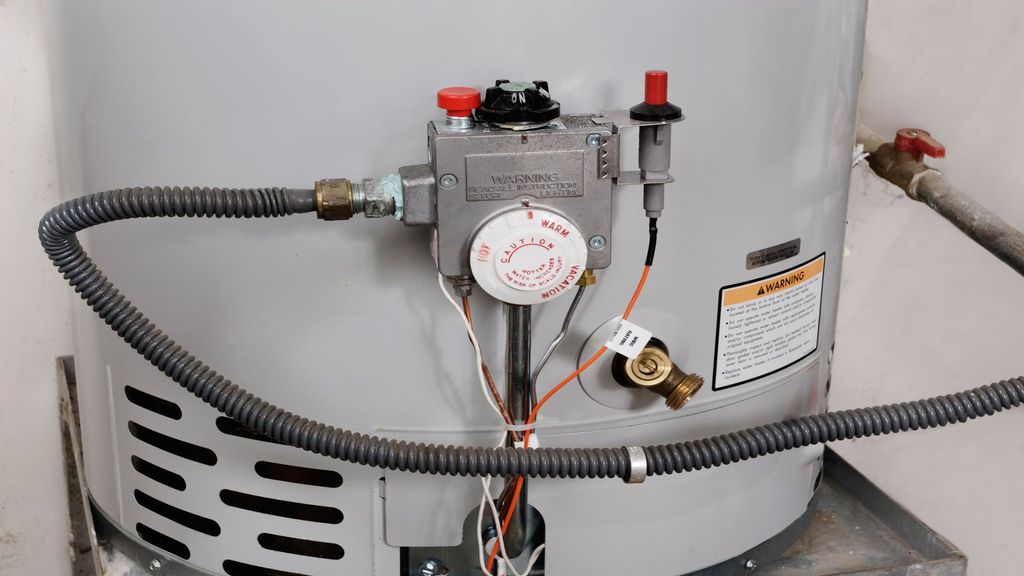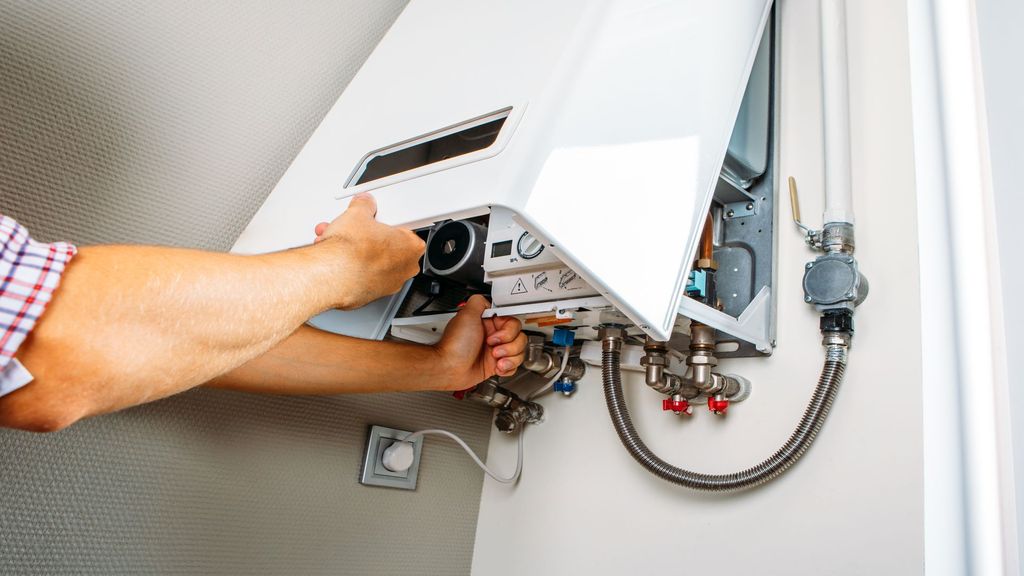Hot water is used daily, especially in temperate regions of the world. Water heating helps regulate water temperature just how you want it for your daily chores like bathing, washing dishes, clothes, etc.
However, water heaters could develop faults and may not function effectively. If you see that your water is taking longer or not getting hot enough, there may be a problem. This article mentions some hot water problems you may face at home and how to resolve them.

- Water Heater Thermostat Is Set Too Low
It’s not a serious problem as you can fix it yourself. Your water heater has a thermostat that helps to regulate the water temperature. And it can be set to the temperature you desire. However, you can’t go beyond the limit you’ve set on your thermostat. So, if you notice your water isn’t getting well-heated, you may want to check your thermostat. The temperature setting should be between 110-120 degrees Fahrenheit. If it’s lower than 110, then that’s probably why you are experiencing the problem. However, you shouldn’t set your thermostat too hot as it could cause scalding and burns, especially in children. Check this recommended site to solve your water heater issues.
- Hot Water Leaks
Loose or damaged in-line valves can cause leakage in your water tank. The in-line valve helps to stop or start the flow of water. It loses control when it gets damaged or loose, and the water flows without restriction, causing a leak. Hence, this problem can be rectified by identifying the loose nuts and tightening them to keep the in-line valve in place. Suppose this problem still lingers, such as leaks, you may have to call your engineer to help you replace the in-line valve so your water heater can function effectively.

- Hot Water Stops After Several Showers
If you have a lot of people in your house, and you notice that your shower starts running down cold water after several people have their baths, there could be a problem. It’s probably because your water heater has a small tank. And when it runs out of hot water, it shows that you need to upgrade your unit to a tankless or install a larger tank water heater. It can be a solution to the problem. A tankless water heater will never run out of hot water for your showers.
- Low Hot Water Pressure
Low hot water pressure is not an unusual problem to see. Sometimes, you notice that cold water comes from your shower with great pressure. But as you switch on the hot water settings, the water pressure reduces gradually. What could be wrong? It may show that some deposited minerals are clogging the throats of your water pipes. And here’s how it works. Water usually contains dissolved minerals that can be deposited in the presence of heat. However, flushing your water heater yearly would dislodge and interrupt possible clog formation. When you experience low hot water pressure, the next thing to do is to call a trained plumber to help dislodge the clogs and perform some maintenance procedures.
- Water Isn’t Getting Hot
This is one of the most common issues that can be experienced with water heaters. Several things could contribute to your water heater not performing its heating functions. Firstly, how old is your water heater? Your water heater may have a broken heating element. This would prevent the water in your tank from heating up. It is usual for parts of the water heater to wear out with constant use for many years. This is why routine maintenance should be done to ensure the longevity of its life span.
- Broken Dip Tube
If this is your water heater’s problem, a broken dip tube, you might have to completely replace it. If you are using an old water heater, it’s most likely using a dip tube. It helps to channel cold water to the right place for it to be heated before it comes out as hot water for your use. It’s why you may have cool water running down your tap if the dip tube is broken. The water comes in directly and returns the same way without passing through the heating center.
Conclusion
Having a hot water problem is commonly experienced by most homeowners. Some could be simple and easy to fix, while others may require the intervention of a professional. By identifying the possible problems with your hot water systems, you can apply possible solutions as stated in this article. And if the problems are not within your reach, it’s best to call for the help of a professional.
